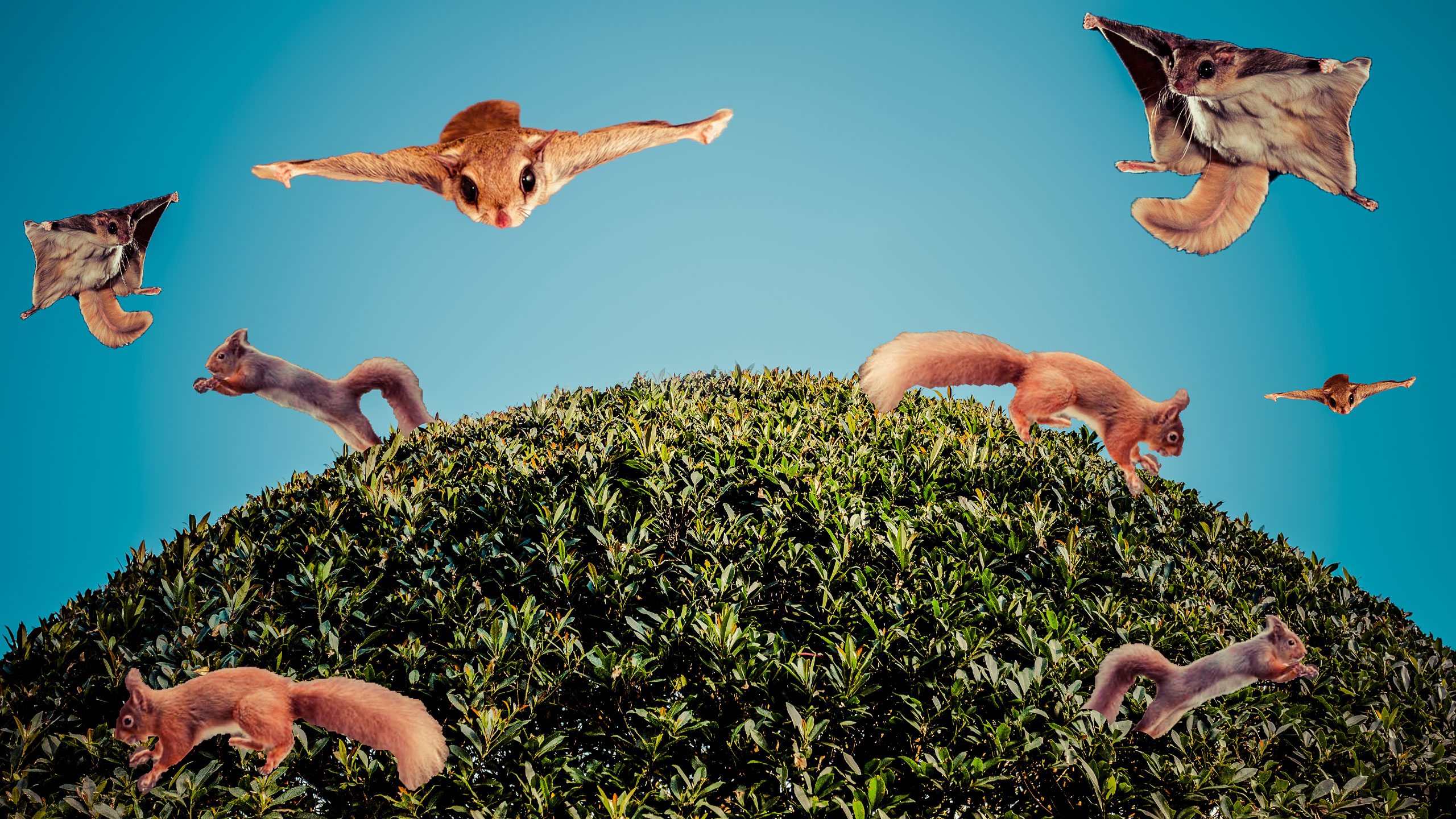What? You can’t possibly be serious? Or at a minimum you can’t possibly be a serious photographer without Photoshop, right? Who says?
Well, certainly not me.
I’m part of a mentoring community that works with members to help them down their own paths. Part of that journey is declaring an intention, describing what you want to learn or do as a way to get where you want to go in your photographic journey. So many of the members stated that they want to learn Photoshop or learn more in Photoshop. This prompted me to share my own take on the whole “you can’t be a photographer without using Photoshop” narrative. Personally, I don’t want people to feel like it’s a requirement for being a photographer.
This photo? It’s me anytime the word Photoshop comes up. UGH. (No offense to you tech geeks, composite creators and masking masters.) I get it. When you are told or it’s suggested to you to use Photoshop, I feel your pain and know that you’re overwhelmed by all the options and the 89 different ways to do one thing in Photoshop.
There is certainly a place and time for using Photoshop, but to be quite honest it’s not for everyone. I’ve tried over the years to use it for my photography and failed, over and over and over again. I actually used to use Photoshop for jobs I had in marketing, cleaning up scanned logos and filled backgrounds, but that was about it. So I’m not going to say I can’t learn it or use it — I can. I just choose not to for editing my photos.
Learning to use what you have
We don’t always need more tools than we already have to get better results. Sometimes we need to step back and figure out what it is WE want out of our images, how WE want them to look, what WE want them to say.
Yes, the latest fad/trend is fun to play with, try and see what you can learn — remember luminosity masks? I thought I HAD to learn them. I never got very far. Guess what? I’m still a photographer, I still can create the images I want the way I want them and I rarely use Photoshop.
I still call myself, and I think others call me, a real photographer. I know quite a few other ‘real’ photographers who don’t use Photoshop either and they’ve had gallery shows and won plenty of awards.
Maybe you don’t like spending the amount of time it takes to 1) learn the software or 2) actually edit in it. Maybe you don’t have the time. There are other ways to create what you want. Most of us were told/taught to shoot in RAW so we had all the pixels available to us when it came time to edit. Not everyone loves editing though, so why force it?
Maybe to you, being a photographer means actually getting out and photographing, composing images, capturing scenes and not spending hours in front of a computer.
Today’s cameras are quite good at capturing images. Technology is quite advanced and many of you likely have JPEG presets in the cameras you use. Take advantage of those presets. Use them! If you like how your images look doing that, then do that. Post-processing is not mandatory.
I’m not here to bash Photoshop or post-processing — I hope that’s not what this sounds like. I just want to make sure you’re not feeling like it’s a requirement to be a photographer.
So many options for editing photos
Desktop software
Phone apps
- Lightroom Mobile
- ToolWhiz Photo
- Snapseed
In this day and age, there are so many options and ways to edit images. This is a partial list of some of the software/editing apps that are out there. You can reference them, look them up and see if there is something new or something that looks a little less intimidating to you than Photoshop. Most of us have at least one or two of these in our toolboxes. They all have different capabilities and functions and some actually work together.
In the end, we should all use what works best for each of us, not use something just because all the cool kids are, or that it’s the latest and greatest whatchamacallit out there. Creating images and art is personal. It’s about what we felt, what we saw and how we want to capture and present it, if we even choose to present it at all.
Source link






Leave a Reply